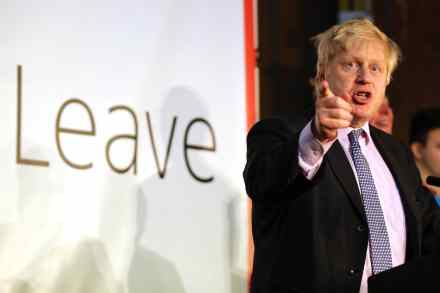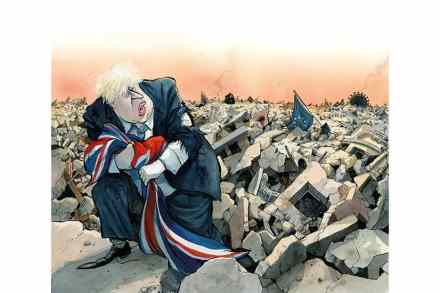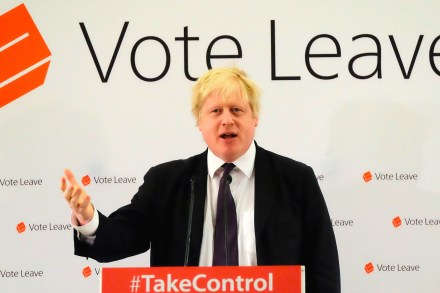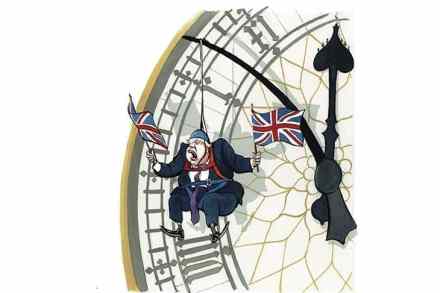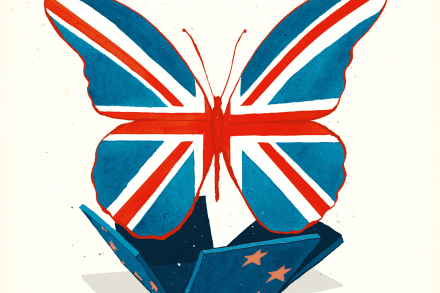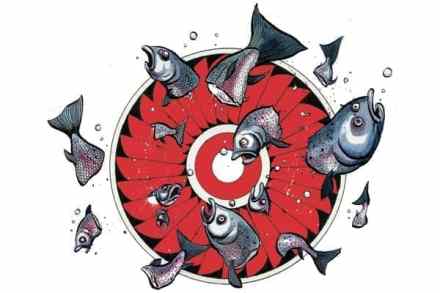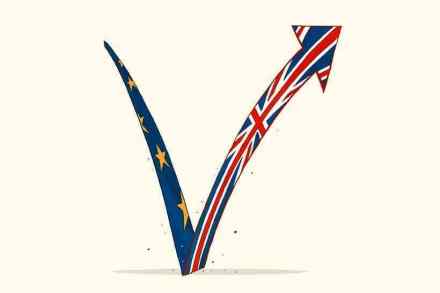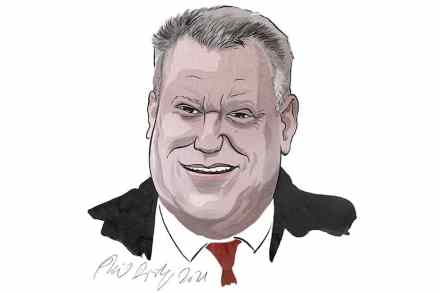The party’s finally over for Nigel Farage
Nigel Farage was never even an MP, but Michael Crick argues convincingly that he is one of the top five most significant politicians of the past half century. Without him we might still be in the EU. All political careers supposedly end in failure, but maybe his didn’t. As with Boris Johnson (whom he resembles in many ways), Farage’s bluff, bonhomous public image is misleading. He is far more ruthless than he appears. Many of those close to him believe that his air crash on polling day in 2010 changed his personality. He was in a two-seater plane towing a banner saying ‘Vote Ukip’ when the banner wrapped itself round


